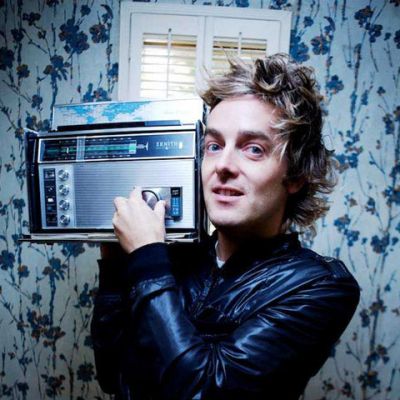
Adam Freeland
Adam Freeland在1992年开始其职业DJ生涯,曾经是一名House DJ,他对House有以下见解。他认为House已经历了很多个循环,发展到现在,人们仍然运用令他感到烦厌的909制作音乐,已缺乏了新鲜感,所以他很快便厌倦了House这个音乐圈,而选择Nu-Breaks这种仍有很多发展空间的音乐。到了1996年他推出了“Coastal Breaks"专辑,唱片更赢得Carl Cox,The Chemical Brothers,Sasha及John Digweed等顶极DJ的赞赏,Adam Freeland正式受到媒体的注目,开始受邀到美国及欧洲各地巡回演出,展开其国际化的第一步。同一时间,Adam 也在伦敦与Rennie Pilgrim及Tayo一起创办“Friction"这个Club Night ,并成功入侵伦敦Soho区的Cult文化。稍后,季更与Kenvin Beber以”Tsunami One"的名义,与BT一起炮制出“Hip Hop Phenomenon "这首Nu-Breaks经典作品的成功也为”Tsunami One"带来很多Remix的机会,The Orb、Dee Jay Punk Roc、及Junior Boys Own 厂牌下Artists,纷纷找他们制作Remixes. by John BushAdam Freeland is the DJ, label-head, and producer most often hailed for the fusion of breakbeat and techno (sometimes branded nu-skool breaks) on righteous mix albums like 1996s Coastal Breaks and 2000s Tectonics. Based in Brighton, Freeland began DJing in 1991, originally mixing deep house and later drumnbass. After becoming an in-demand DJ around Britain and to a lesser degree Europe for his mixing skills and innovative sound, Freeland released his first mix album, Coastal Breaks, in 1996. He began producing around the same time, teaming with Kevin Beber as Tsunami One and hitting it big in underground circles with the single No. 43 With Steamed Rice Please on Fuel. The second volume in the Coastal Breaks series followed in 1998, and he formed his own label, Marine Parade (named after a seaside road in Brighton). In 1999, another Tsunami One production — Hip Hop Phenomenon, recorded with American trance producer BT — became a hit. Earning scads of best-new-DJ reviews from magazines as well as no less an authority than Carl Cox, Freeland returned to the mix-album realm in 2000 with Tectonics, licensed to American audiences through Ultra Records. An avid fan of surfing and snowboarding, Freeland has DJed at numerous snowboarding events as well as clubs worldwide. His remixing credits include the Orb, Headrillaz, Orbital, Deejay Punk Roc, and Dylan Rhymes.
